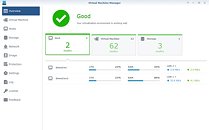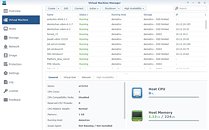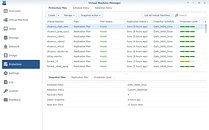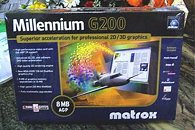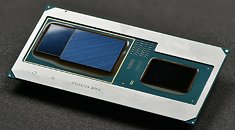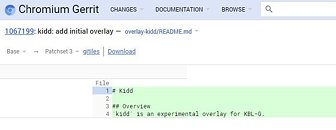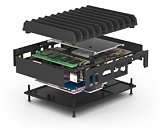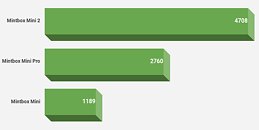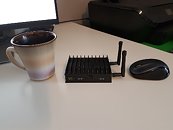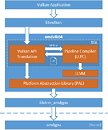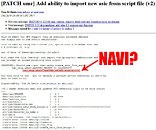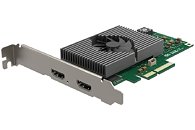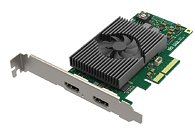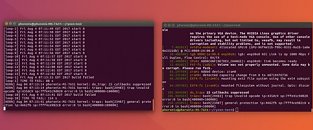
Synology Releases Virtual Machine Manager Pro
Synology Inc. announced the official release of Virtual Machine Manager Pro to cater to professional users with services suitable to their needs. VMM Pro enables Synology NAS to run multiple virtual machines like Windows, Linux, Virtual DSM. It assists users to integrate and manage multiple Synology NAS via its virtualized cluster, flexibly distributes hardware resources, migrates virtual machines between hosts without any interruption, and conducts regular snapshots and replications to back up virtual machines, for the ultimate goal of building a efficient and safe virtualization environment.
Synology is dedicated to making powerful yet intuitive solutions for users. "Virtual Machine Manager has garnered wide acclaims with its latest version, and more than 130,000 Synology NAS have downloaded and installed it over the course of one year. This clearly shows how this product has been endorsed worldwide, which is very motivating to our development team. With the extremely flexible cluster in Virtual Machine Manager Pro, we are able to help IT personnel to easily build a professional and efficient virtualization environment on NAS servers. As this application improves your work efficiency, it protects critical virtual machines, as well." said Chen Feng Wang, Product Manager of virtualization at Synology.
Synology is dedicated to making powerful yet intuitive solutions for users. "Virtual Machine Manager has garnered wide acclaims with its latest version, and more than 130,000 Synology NAS have downloaded and installed it over the course of one year. This clearly shows how this product has been endorsed worldwide, which is very motivating to our development team. With the extremely flexible cluster in Virtual Machine Manager Pro, we are able to help IT personnel to easily build a professional and efficient virtualization environment on NAS servers. As this application improves your work efficiency, it protects critical virtual machines, as well." said Chen Feng Wang, Product Manager of virtualization at Synology.
